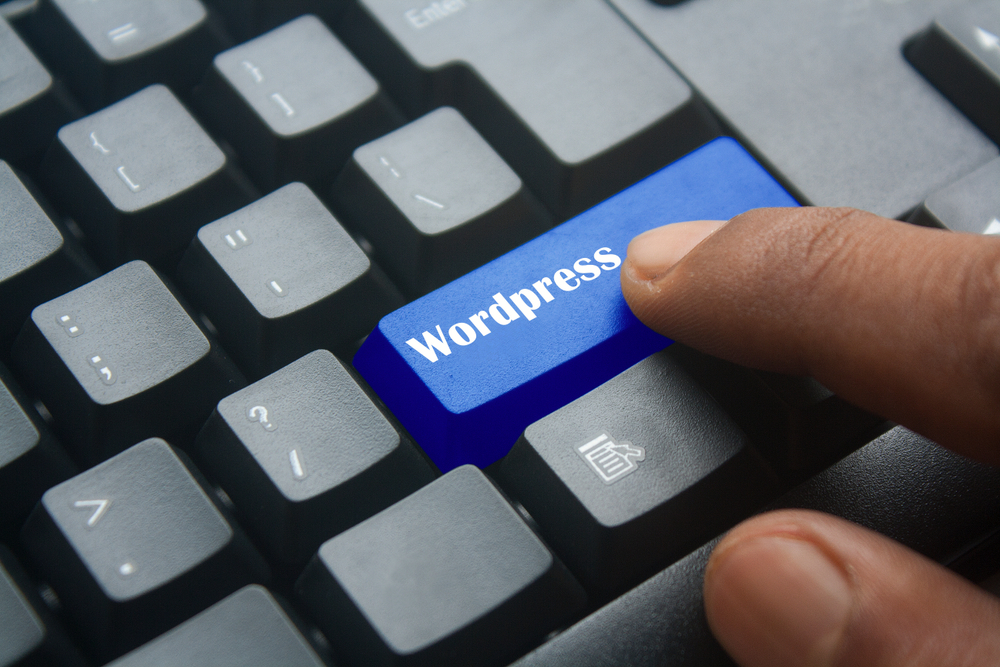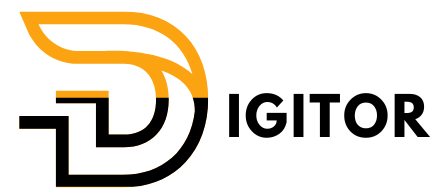Is WordPress Less Secure?
Introduction: Understanding WordPress Security
WordPress is the most widely used content management system (CMS), powering over 40% of websites globally. With such popularity, it’s natural to wonder: is WordPress less secure than other platforms? The short answer is that WordPress is not inherently insecure. However, its large user base and open-source nature can make it a target for hackers. The security of a WordPress site largely depends on how it is maintained and secured by its owner.
In this post, we’ll explore whether WordPress is less secure than other platforms, common security risks associated with WordPress, and how you can secure your WordPress site effectively.
Is WordPress Less Secure Than Other Platforms?
1. Open-Source Nature
- WordPress is open-source software, which means its code is publicly available. While this allows for constant improvements and innovations, it also means that hackers can study the code to find vulnerabilities. However, this also enables the developer community to spot and fix issues quickly.
- Compared to proprietary platforms like Wix or Squarespace, WordPress may seem more exposed because those platforms handle security internally. But being open-source does not mean WordPress is inherently insecure—it just requires more active management from users.
2. Popularity Makes It a Target
- The sheer popularity of WordPress makes it an attractive target for hackers. Since so many websites use WordPress, attackers know they have a larger pool of potential victims if they find a security loophole.
- While other platforms may have fewer vulnerabilities reported, it’s often because they have a smaller user base, making them less of a target for cyberattacks. So, it’s not that WordPress is inherently less secure; it’s simply a bigger target.
3. Third-Party Plugins and Themes
- One of the strengths of WordPress is its flexibility, thanks to thousands of third-party plugins and themes. However, this is also a major security concern. Plugins and themes that are poorly coded or not regularly updated can create vulnerabilities that hackers exploit.
- If you rely on untrustworthy sources or outdated plugins, your site is more likely to be compromised. Proper vetting of plugins and regular updates are essential to maintaining a secure WordPress site.
Common Security Risks for WordPress Sites
1. Outdated Software
- Not updating your WordPress core, plugins, or themes is a significant security risk. Each update often includes patches for known vulnerabilities. Failing to update leaves your site exposed to attacks that exploit outdated code.

2. Weak Passwords
- Weak passwords are a common security flaw across all platforms, and WordPress is no exception. Brute force attacks target sites with simple or easy-to-guess passwords, allowing hackers to break into accounts.
3. Malicious Plugins or Themes
- Installing plugins or themes from unreliable sources can introduce malicious code to your site. These hidden threats can compromise your website without you knowing, potentially causing data theft or loss of functionality.
4. Lack of Security Measures
- Some WordPress users fail to take basic security precautions like enabling SSL encryption or installing security plugins. These oversights can leave your website vulnerable to attacks.
How to Secure Your WordPress Site
1. Regular Updates
Keep your WordPress core, themes, and plugins updated. Developers regularly release security patches to address vulnerabilities. Staying up to date is crucial for protecting your site.
2. Use Strong Passwords and Two-Factor Authentication
- Make sure all accounts associated with your WordPress site use strong, unique passwords. Enable two-factor authentication (2FA) to add an extra layer of security when logging in.
3. Install Security Plugins
- Plugins like Wordfence and Sucuri provide malware scanning, firewalls, and real-time monitoring of your website. These tools help protect against common threats and alert you to potential issues.
4. Limit Login Attempts
- Brute force attacks can be mitigated by limiting the number of login attempts. Use plugins like Login Lockdown to block suspicious login activity and reduce the risk of unauthorized access.
5. Choose Reliable Plugins and Themes
- Only install plugins and themes from trusted sources. Check for frequent updates, positive reviews, and a history of developer support before adding new plugins to your site.
6. Backup Your Website Regularly
- In case of a security breach, regular backups ensure you can quickly restore your site. Use a plugin like UpdraftPlus or your hosting provider’s backup system to keep secure copies of your site’s data.
7. Use SSL Encryption
- SSL encrypts the data transmitted between your site and your users, protecting sensitive information like login credentials. Most hosting providers offer free SSL certificates, making it easy to secure your site.
Conclusion: WordPress Security Depends on You
WordPress itself is not less secure than other platforms, but it requires proactive management to ensure its security. By regularly updating your site, using strong passwords, and installing security plugins, you can significantly reduce the risk of being hacked. With the right practices in place, WordPress can be just as secure as any other CMS.
If you need help securing your WordPress site, contact us for professional guidance. For more resources, you can also reach out to us.
Ready to enhance your WordPress security? Implement these best practices today and keep your site safe from potential threats.
WordPress Website Developer: Expert Solutions for Your Online Presence
Custom WordPress Development: Tailored Websites for Your Business







